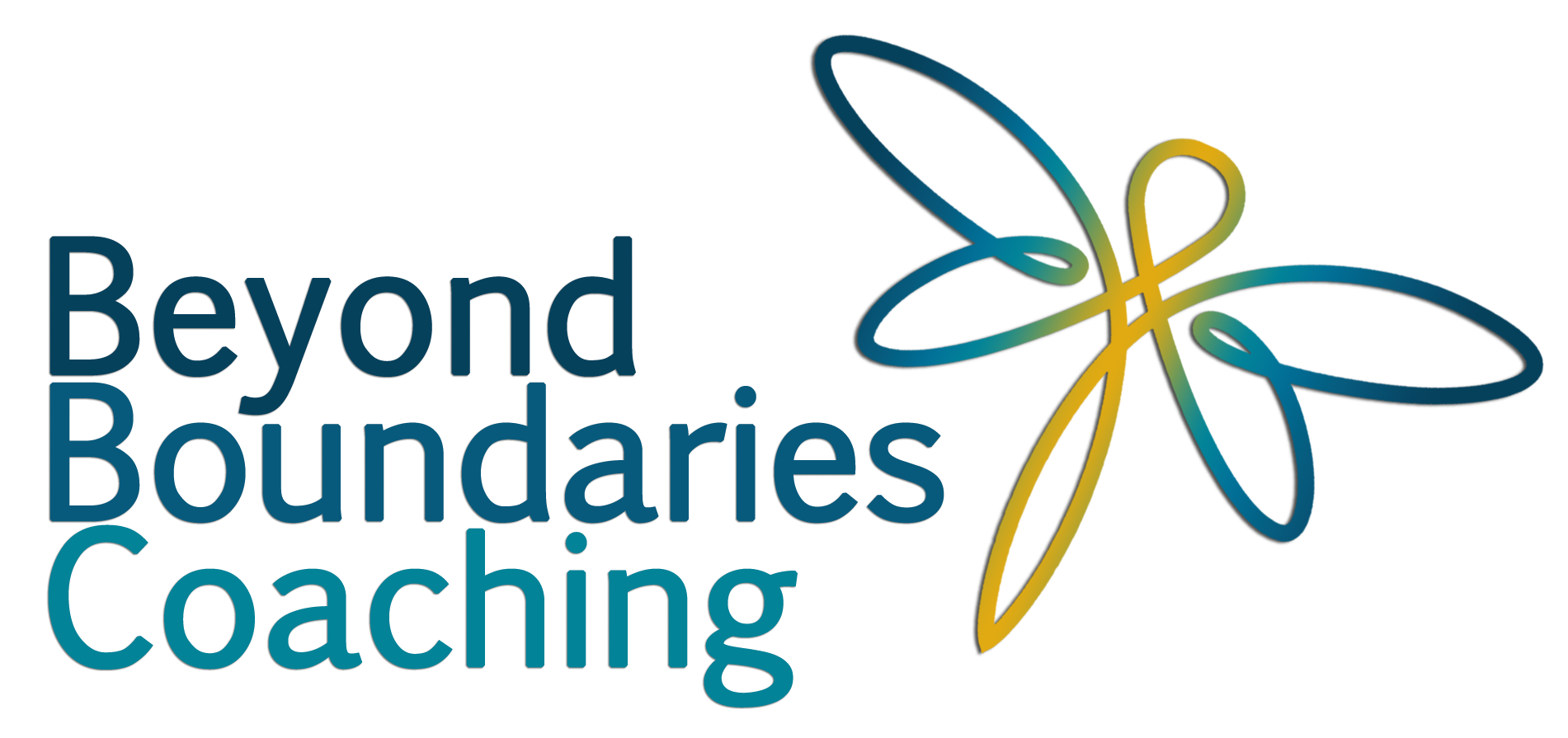Like many new business owners, I started my coaching business alongside a full time ‘day job’ (in my case training). It wasn’t easy but it was necessary – bills don’t pay themselves! When I look back, there are some things that worked well and others that are more in the ‘I wish I knew then what I know now’ camp. Here are my key lessons from a year of side hustling.
Let things evolve. Very often what you imagine or expect when you set out in business can change and develop once you get going. At the time, I felt that progress was slow. It was frustrating that the day job got in the way of what I really wanted to be doing. Yet as someone who is naturally action orientated, I reflect back that this was a good thing in lots of ways. The biggest benefit was that over the course of the year, I got much clearer on my ideal customer. Niching is something that a lot of new business owners struggle with, but for me it gradually emerged over time.
Focus is everything – avoid rabbit holes! When time is limited, a clear focus is vital. Getting the best return for the time you do have to spend on your business is crucial, so ninja level time management skills are needed. And very often the most important focus in the early days is to get yourself and / or your business visible – after all, if no one knows who you are or what you do, your business isn’t going to thrive. Shiny object syndrome is very common in new business owners and I certainly suffered with it at times!
I committed time in my schedule to work on my business, but I was sometimes drawn into things that weren’t really priorities. I was also timid about getting visible and pretty much waited until I went full time in my business to put myself out there on any platform. With the benefit of hindsight I would have adopted a much more focused approach and committed to getting my name and face out there rather than be shy.
Take small, consistent action. It’s easy when you don’t have big chunks of time to devote to your business to get overwhelmed with everything that you want to do. Or to do the small things that fit neatly into a half hour time-frame rather than the important things that take longer. Blogging is a good example for me – I didn’t blog consistently because I was new to it and writing a post took me forever. Yet blogging (hopefully) allows me to establish my credibility at the same time as getting more visible, so it should really have been on the top of my list. Had I pushed myself to write part of a post when I had a shorter time available (rather than wait until I thought I had time to write a whole post), I could have made much more progress.
Find the best way to learn. When you don’t have a lot of time and do have a lot to learn, efficiency makes a big difference. I was travelling a lot with my full time job and used the time in the car to listen to podcasts and audiobooks on topics that I would never have got to otherwise. If you don’t have a commute, think about whether there is time in your day that you could make use of; it could be walking the dog or doing housework. I also read a lot and I wish I had known about the Blinkist app earlier; it summarises key messages brilliantly from all kinds of books into something that takes about 5 minutes to read.
Don’t compare your progress to other people. Whether your new business is a side hustle or you’re in it full time, there is a huge temptation to compare yourself to other people. Stop. You are comparing yourself to the outside picture and you have no idea how much time, energy and resources have gone into what you see from others in their business. By all means learn from others, but don’t compare the journey and use it as an excuse to beat yourself up for not achieving what someone else has. Learn to recognise the progress you are making and be proud of managing that alongside a job because it is certainly not easy!
Set boundaries. It is very easy for a new business to be all consuming. There is always more you could be doing, and it’s easy to get sucked into feeling you should be doing it. Much like with physical exercise, the brain needs time off and rest if it is going to function at its best. There is no need to feel guilty about taking an evening off and there is no point slaving away every evening until the early hours if you know you’re no longer productive. I set specific evenings for client work, along with one day at the weekend. Boundaries aren’t just important for you, they let customers or clients know what to expect too. I was always up front with clients about my working patterns so they knew when they would and wouldn’t be able to get hold of me.
Find opportunities to network online. If there is one thing I wish I had realised sooner, it is the amazing opportunity that online networking brings. I thought that working full time meant I couldn’t really make a start with networking until I could go to in person events, whereas the reality is there is a huge amount of value in finding your tribe online. I’ve found the most value in relatively small groups and local twitter hours where there is the chance to genuinely get to know people and build relationships over a period of time.
When you are spending time online, consider whether your aim is networking or promotion; although there’s an overlap, the best platform for each might be different. I found that networking was easy on Facebook, particularly in groups. As a result I spent way too much time on there and didn’t put enough focus on raising my profile on LinkedIn which could have been time well spent.
If you’re working a side hustle and would like to connect with others in the same boat, why not join my free Facebook group here?



